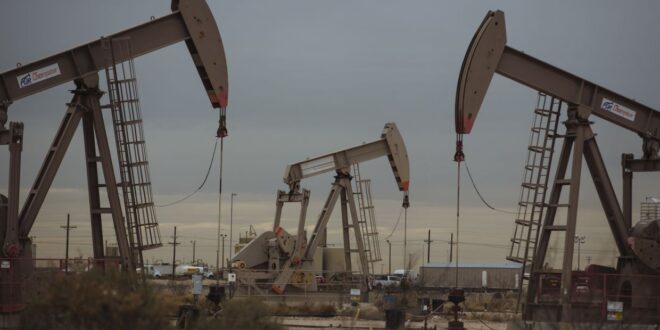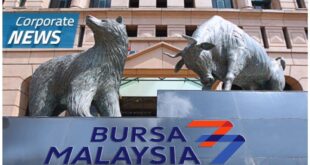OIL prices rose on Thursday as falling U.S. crude inventories amid rising refinery intake and a year-on-year increase in Chinese imports last month supported higher demand expectations for the world’s two largest crude consuming nations.
Brent crude futures for July rose 31 cents, or 0.4%, to $83.89 a barrel by 0533 GMT. U.S. West Texas Intermediate crude for June was up 39 cents, or 0.5% to $79.38 per barrel.
“Oil markets were buoyed by a larger-than-expected draw in the U.S. inventory data. The improved China’s trade balance data added to the upside momentum,” said Tina Teng, an independent market analyst, adding that crude prices may continue to track economic factors looking ahead.
Crude inventories in the U.S., the world’s biggest oil user, dropped last week by 1.4 million barrels to 459.5 million barrels, according to the Energy Information Administration, more than analysts’ expectations for a 1.1 million-barrel draw. Stockpiles fell as refinery activity increased by 307,000 barrels per day (bpd) in the period.
This caused gasoline stocks to swell by more than 900,000 barrels to 228 million barrels, while distillate stockpiles including diesel and heating oil rose by 600,000 barrels to 116.4 million barrels.
“The market shrugged off the builds in gasoline and distillate fuels as refiners ramp up for the upcoming driving season,” analysts at ANZ Research said in a note on Thursday.
Shipments
of crude in April to China, the world’s biggest oil importer, were 44.72 million metric tons, or about 10.88 million bpd, according to China’s customs data released on Thursday. That was up 5.45% from the relatively low 10.4 million bpd imported in April 2023.
Hopes for a ceasefire in the Israel-Hamas conflict Gaza kept oil prices from moving higher. The U.S. said earlier in the week that negotiations should be able to close the gaps between Israel and Hamas.
“While there may be some short-term relief for oil prices, it may be difficult to return to April’s high above the $90 per barrel level, where geopolitical tensions were at its peak,” said Yeap Jun Rong, market strategist at IG. – Reuters
 BeritaKini.biz Berita Viral Terkini di Malaysia
BeritaKini.biz Berita Viral Terkini di Malaysia





